The cover of Edna O’Brien’s 17th novel sports a handsome quote from Philip Roth: ‘The great Edna O’Brien has written her masterpiece.’ Late Roth and late O’Brien have something in common. In The Plot Against America (2004), Roth provided an alternative history of the 20th century: what if Roosevelt had been defeated by the anti-Semitic Charles Lindbergh? O’Brien, whose stellar career began 55 years ago with her wonderful debut, The Country Girls (1960), is increasingly interested in exploring real-life events. Down by the River (1997) fictionalised the true story of a 14-year-old rape victim, while In the Forest (2002) was inspired by the Cregg Wood murders of 1994.
In The Little Red Chairs, the real-life starting point is Radovan Karadzic, indicted in 2008 for his role in the Bosnian genocide. Karadzic’s alias during his years as a fugitive was Dr Dragan David Dabi. O’Brien’s version of Karadzic calls himself Dr Vladimir Dragan. While in hiding, Karadzic practised alternative medicine; O’Brien’s Dr Vladimir opens a clinic called ‘Holistic Healing in Eastern and Western Disciplines’. The crucial difference is that Dr Vlad is hiding not in Belgrade but in the sleepy Irish town of Cloonoila. It’s no coincidence that both his names recall Count Dracula. Before we know Vlad is a war criminal, he is a suave yet vampiric figure, preying on Cloonoila because he senses ‘that primal innocence, lost to most places in the world’.
The novel describes the town’s initial seduction by Dr Vlad. The draper’s wife Fidelma is particularly mesmerised, and they begin an affair with the express intention of helping fortysomething Fidelma conceive. By the time the authorities catch up with Vlad, Fidelma is pregnant. Three of Vlad’s old enemies kidnap Fidelma and rape her with a crowbar to kill her unborn child. ‘We kill anything of his… we kill his cat.’
Fidelma runs away to England. There, every minor character she encounters has a story to tell, usually in the ubiquitous broken English of the immigrant (‘I think I have breakdown in some centre in Holland’), usually detailing a flight from atrocities to a demeaning job in the UK. The intention, presumably, is to create a cacophony of victims’ voices, a chorus of the dispossessed in contrast to Vlad’s tyrannical solo performance. But it’s hard not to feel that the novel leans too heavily on its imported subject matter at the expense of form and characterisation.
There are also problems with the prose. O’Brien seems to be reaching indiscriminately for the breathless, under-punctuated poetic anacoluthon glimpsed in Hemingway. This is voiced for one of Vladimir’s Bosnian associates, but it sounds suspiciously like the novel’s third-person narration as well as other sections spoken by Cloonoila locals:
Another incident that caught the attention of the world was a little girl of 12 on her bicycle, oblivious, when a shell hit her and soon the blood rippled out, a leitmotif of red rose petals on discoloured yellowish snow.
Hemingway’s headlong style is harder to imitate than you might think.
Those poetic bloody rose petals, moreover, are straight out of stock and as overemphatic as the repeated references to the book’s title. In 2012, 11,541 empty red chairs lined Sarajevo high street, representing the number of Sarajevans killed during the siege. When Fidelma is raped, the blood ‘comes churning out in fitful gushes’. ‘Churning’. ‘Gushes’. Overkill. Compare Hemingway, in A Farewell to Arms. The injured narrator Frederic Henry is lying in an ambulance, and the man in the stretcher above him is haemorrhaging. ‘At first it dropped slowly and regularly, then it pattered into a stream.’ Then the man dies. ‘The drops fell very slowly, as they fall from an icicle after the sun has gone.’ It’s a masterful simile from a master writer. Sadly, the same cannot be said about the Edna O’Brien of The Little Red Chairs.
Got something to add? Join the discussion and comment below.
Get 10 issues for just $10
Subscribe to The Spectator Australia today for the next 10 magazine issues, plus full online access, for just $10.
Available from the Spectator Bookshop, £16.14, Tel: 08430 600033. Claire Lowdon’s satirical novel Left of the Bang was published earlier this year.
You might disagree with half of it, but you’ll enjoy reading all of it. Try your first month for free, then just $2 a week for the remainder of your first year.

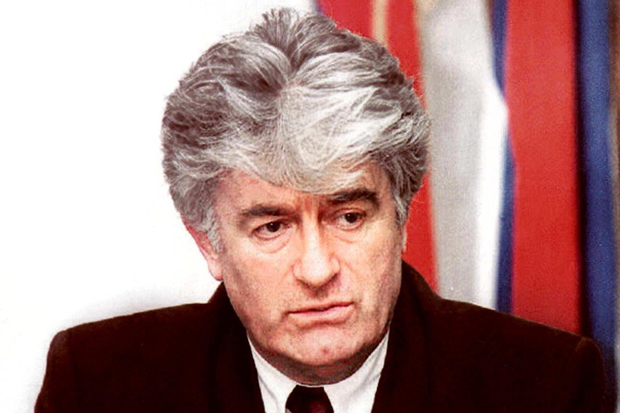
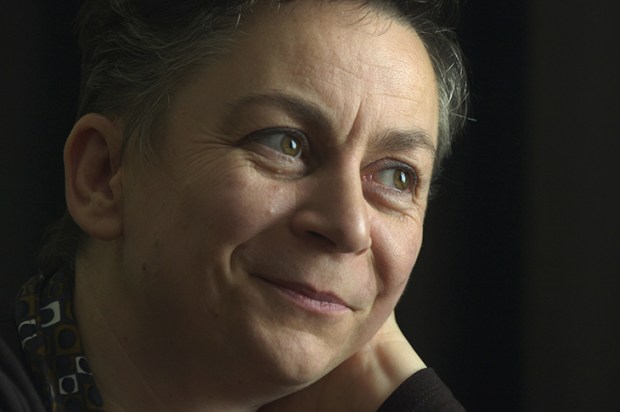

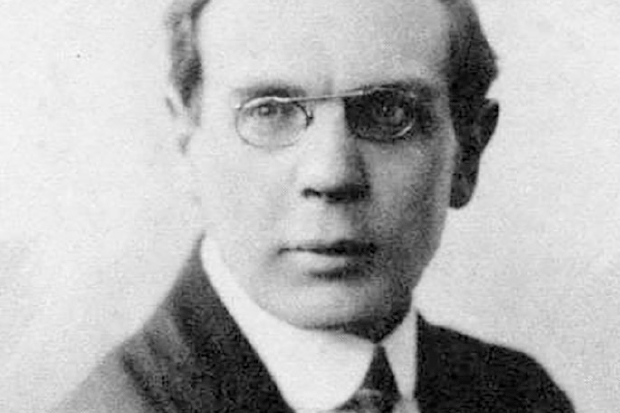
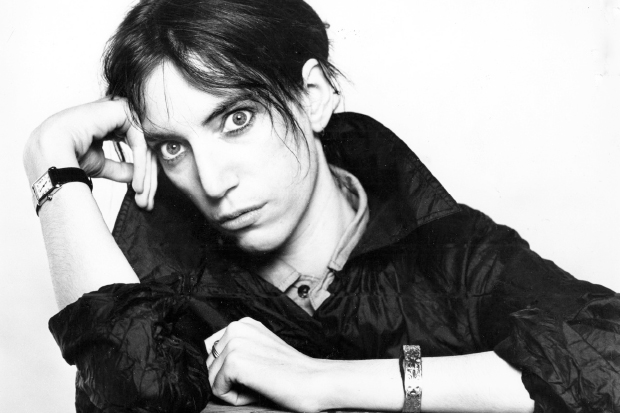
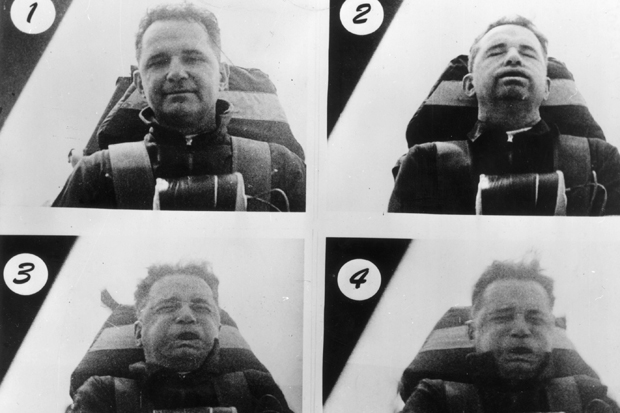
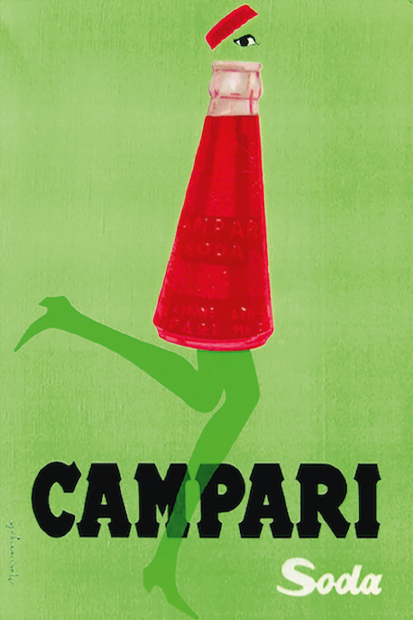






Comments
Don't miss out
Join the conversation with other Spectator Australia readers. Subscribe to leave a comment.
SUBSCRIBEAlready a subscriber? Log in